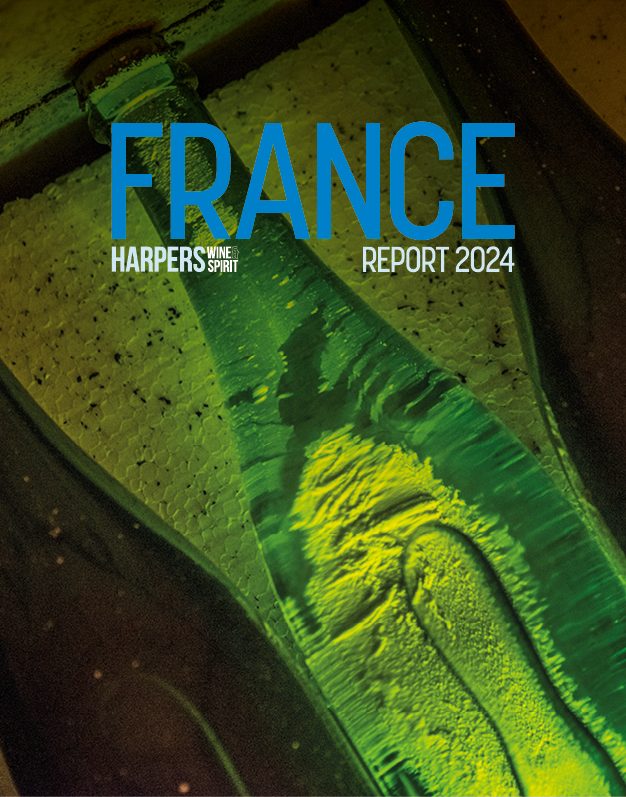
The WSTA guide – what you need to know and what you need to question about the forthcoming budget
Budget speak explained by the WSTA
With the very real threat of “Grinch-like” timing for the implementation of any new duty rises ahead of Christmas - and the subsequent resource-draining admin that would require for businesses - Harpers shares the WSTAs forthright guide in the run up to Philip Hammond’s budget, where 'no change' may once again mean tax increases.
The Chancellor said no change, that’s good right?
No. This is taken from the Government’s policy paper on Alcohol duty, released in March this year:
The public finances assume that all alcohol duty rates rise by RPI each year. This measure aims to support the public finances by implementing the expected indexation of alcohol duty rates for the fiscal year 2017 to 2018.
In other words, unless the Chancellor explicitly says so, we can expect an inflationary rise based on RPI, set to be above 3% every year up until 2022. Further to this, OBR projections model future duty intake based on inflationary rises to the end of this parliament in 2022. This is how Philip Hammond got away with saying ‘no changes’; it’s already set in policy yet it sounds like nothing is changing, when in fact the duty rate is increasing in line with policy. Sneaky.
So unless you hear the words ‘freeze’ or ‘cut’, assume an inflationary rise and we will confirm in our Budget Report which will be sent out shortly after the Chancellor’s speech ends.
You can read more here <https://www.gov.uk/government/publications/alcohol-duty-rate-changes/alcohol-duty-rate-changes#further-advice>.
You have been saying that current government policy is another rise of 3.4% RPI. Is that still the case?
Yes and no. The OBR’s March 2017 Economic and Fiscal Outlook publication projects 2018’s RPI rate at 3.4% and that is what we have been working with when doing our sums, presumably the Treasury has too. But the OBR will release a new Economic and Fiscal Outlook publication to accompany the Budget speech on 22nd next month. They may well have revised their projections from the March version, which means we can’t be sure that 3.4% is accurate, but it is unlikely to be below 3% given that inflation is on the rise. But for the purposes of campaigning, we have been using March’s RPI numbers.
That’s very unhelpful. So we can’t plan ahead for November’s price changes because the 3.4% rate might change?
I’m afraid so. Going by previous Budgets any new rate will be implemented the Monday after the Budget, so the usual quick turnaround is still possible. However, we have also been in contact with the Treasury to discuss implementation dates, stating that if a duty rise was to occur, it would be extremely unhelpful to the entire industry to have to go through the burdens of administration to change prices accordingly just before Christmas. Industry will need time to implement these, not to take staff away from trading during the busiest time of the year. That would be Grinch-like. If the worst was to happen and we have to deal with any kind of rise, no earlier than 1st January earliest seems only fair in terms of a potential implementation date.
Is there anything we can do in between now and the Budget?
Lots. On Wednesday 11th October, WSTA chief executive Miles Beale sent out a call to action to our membership outlining what will happen if we as an industry don’t mobilise ourselves, but to recap:
1. Write to your MP – We have pulled together a draft template letter to your MP, which highlights the impact of duty increases and asks them to lobby the Chancellor. You should send this to your local MP, make sure you receive a response and keep us informed. This is available here <http://www.wsta.co.uk/images/PAN/Novbudget/DraftlettertoMPs.doc> .
2. Sign a letter – We need WSTA members of all sizes and types to lend their names to joint letters we will be coordinating to the Chancellor and other Cabinet members. All you have to do is to let us know that you are happy to sign a joint letter on duty and we will share the draft text with you.
3. Let us know the impact on your business – We are always looking for examples about the impact of duty increases on businesses, so that we can develop impactful case studies. For example, duty bill as % of your turnover, number of employees, block on export ambitions, and so on.
A version of this text also appears on the WSTA website.
Keywords:
- Christmas
- Miles Beale
- WSTA
- tax
- duty
- drinks industry
- Government
- Budget
- increase
- Philip Hammond
- Wine and Spirit Association
- OBR







